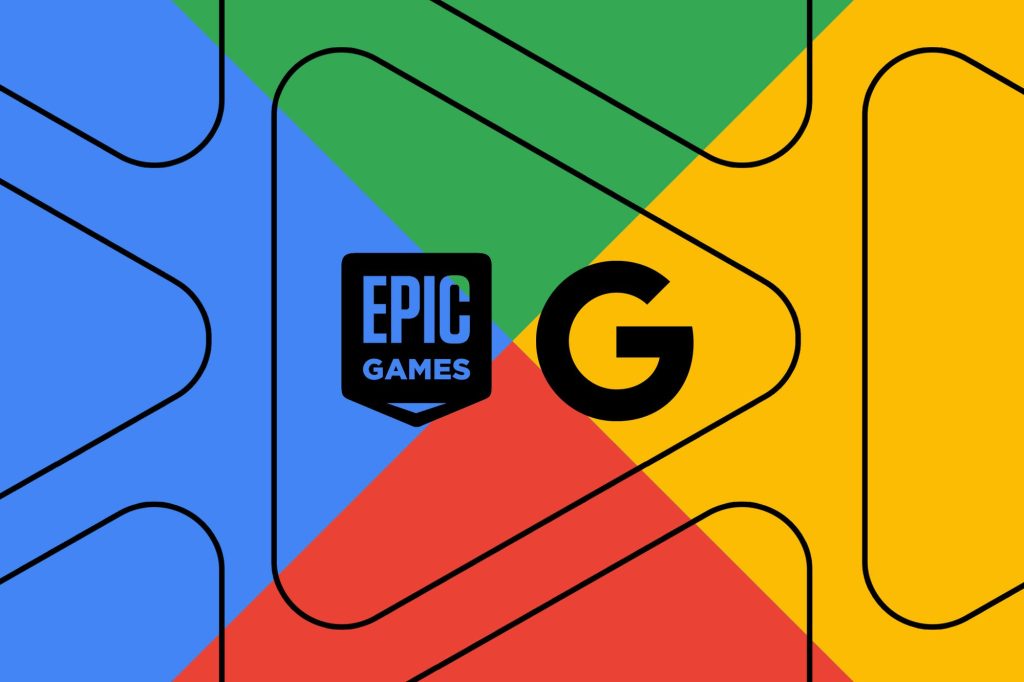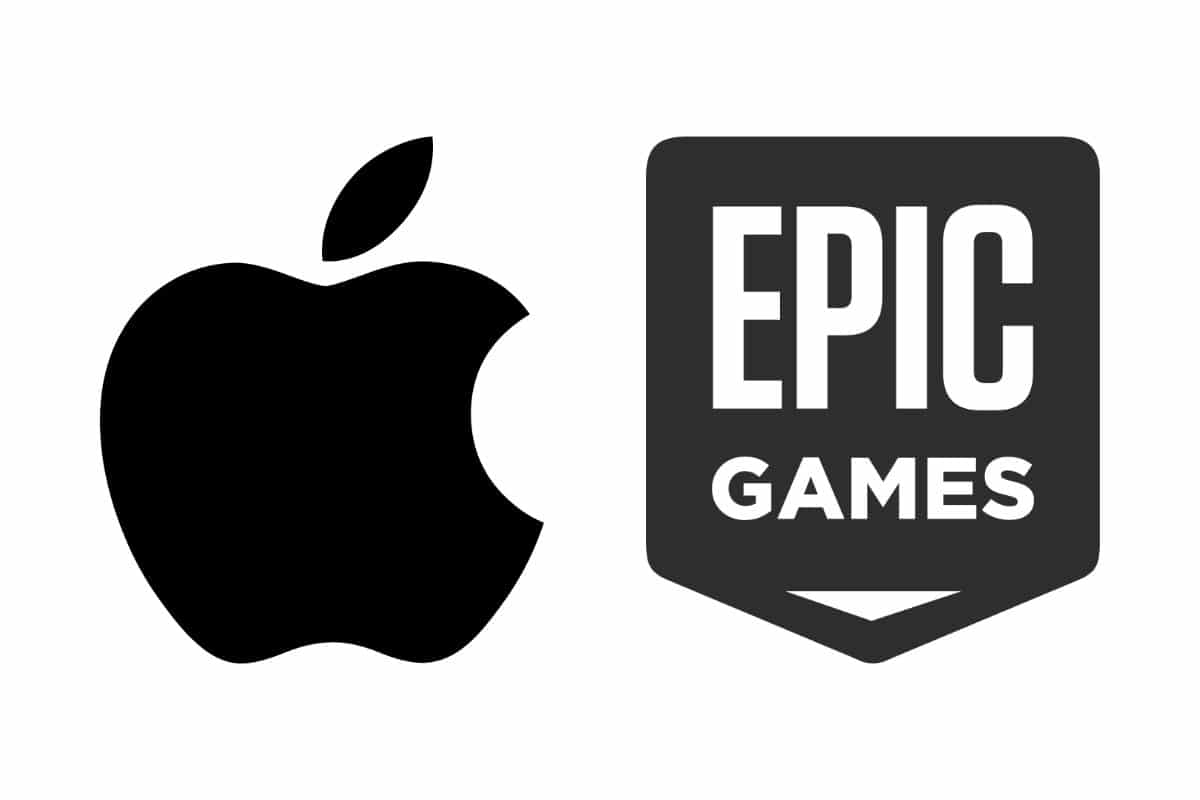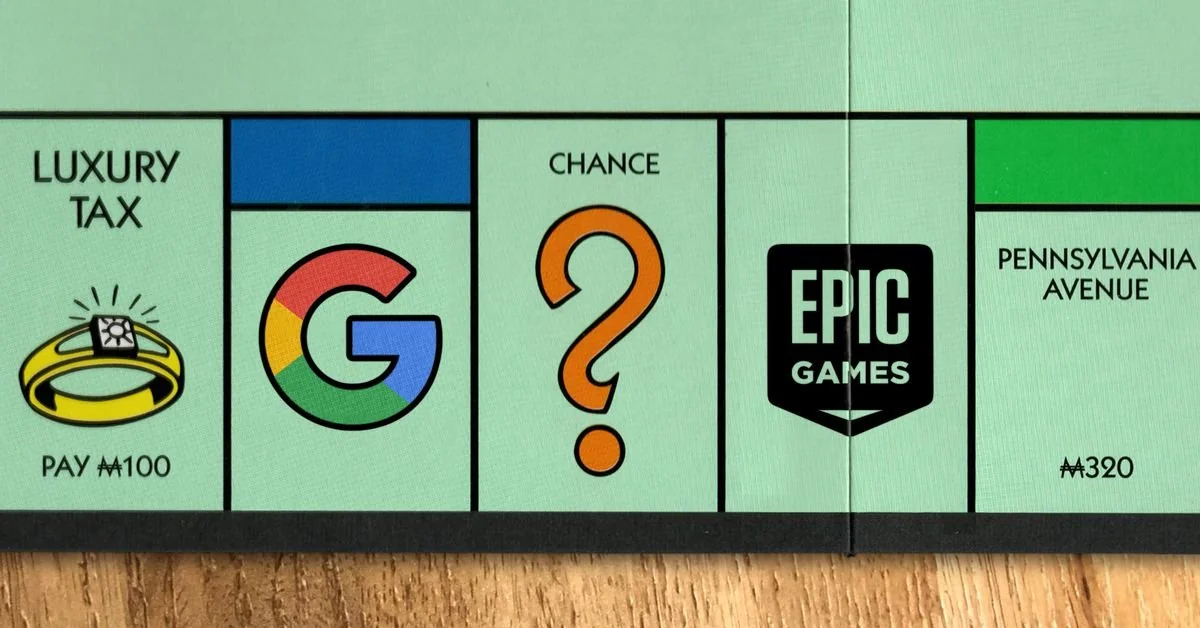
Apple regulates the iPhone App Store with an iron hand – side-loading from elsewhere is not permitted. Anyone may install any programme on an Android phone, according to Google. Guess which of these two corporations, according to the courts, has an unlawful monopoly?
As you are surely aware, Google lost its battle against Epic Games this week. It’s a battle that Apple already (basically) won in a similar trial in 2021, when it was accused of violating antitrust rules by collecting obligatory in-app transaction fees and removing Epic’s game Fortnite from the App Store. Google attempted a similar tactic, but a jury determined that it had maintained an illegal monopoly with the Play Store; a court will examine remedies next month.
I couldn’t believe it when I heard the verdict live in the courtroom. Readers in our comments and elsewhere on the internet felt the same way. How could Epic have triumphed against a business that freely distributes its open-source operating system, especially after losing to that company’s more tightly controlled competitor?
1. Logistically, Epic v. Google is a fresh start
Epic v. Google is a separate case than Epic v. Apple, with different evidence and a different judge, the court stated from the start. Nothing in the Apple case is immediately relevant to the Google lawsuit, and the court has prevented both parties from bringing it up. Google’s attorneys were never able to convince the jury that Apple had won. Furthermore, Apple hasn’t yet won: we’re waiting for the Supreme Court to determine whether to hear a last appeal. (Because I’m morally obliged, I won’t go into detail about the Apple case beyond this quick overview.) Google has also stated that it will appeal the ruling in its case.
Precedent undoubtedly plays a part in the legal system, with judges deferring to Supreme Court verdicts. However, as Nilay Patel points out on The Vergecast, we should not consider it a deterministic method – each new scenario is a new throw of the dice.

2. Google controls its ecosystem through third-party commercial relationships, which means that potentially harmful documents are in more hands
The iPhone is sold by Apple. It has nearly always been Apple’s way or the highway.
Google does not sell the Samsung Galaxy phone series or the Motorola Droid. It fosters the Google ecosystem within Android by sharing a portion of its advertising and app store income in exchange for phone manufacturers agreeing to prominently carry its programmes (such as Chrome, Gmail, and Play), utilise its APIs, and release timely security fixes. Epic’s solicitors may submit specifics about these arrangements and argue that they demonstrated Google leveraging its position in one tier of the phone market to stifle competition in another.
As we saw in this trial, Google also attempted to entice prominent app and game creators with arrangements to dissuade them from circumventing the Google Play Store, such as Project Hug, which offered top game developers up to hundreds of millions of dollars in credits, co-marketing, and assistance. The fact that Google permitted some competition produced a paper trail of conversations about how serious that rivalry was, including predictions of a “contagion effect” if game creators like Epic left Play.
In its instance, Apple also had to deal with some embarrassing revelations, such as an internal email referring to iMessage as a “serious lock-in” issue for iOS. However, the Epic v. Apple trial contained lengthy digressions on matters such as app store regulation, providing enough attention to Apple’s non-monopolistic justifications for a walled garden. While Epic contended that these rationales were essentially a pretext for operating a monopoly, the judgement treated them as legitimate concerns, albeit with considerable scepticism. In an antitrust trial, intentions count — and Google wrote a lot of intentions down throughout its numerous conversations.
3. Some of those arrangements appeared to be really unjust!
Putting Project Hug aside for a moment, we heard in court that Spotify pays Google nothing to receive practically all of the benefits of the Google Play store. I repeat: Spotify pays 0% when it uses its own in-app payment system, but a competitor subscription service may pay 11% if it is permitted to use its own payment system at all. “If you’re a smaller developer than Spotify, you get screwed,” Sweeney told me following the decision.
Google offered Netflix a sweetheart deal to pay only 10% of its revenues through Google Play, at a period when 15% was the usual. (Netflix declined and chose not to discontinue selling in-app purchases on Google Play.) This trial disproved Google’s claim that it treats developers fairly and equitably.
And, although Apple has also provided sweetheart deals to developers…
4. This was not a bench trial, but rather a jury trial
That meant Epic could tell a narrative of virtue and evil, whereas Google was forced to explain sophisticated commercial transactions.
I’d argue that Epic presented the jury document after unfair-looking document in which Google allegedly “bribed” or “blocked” its partners from becoming rivals with special arrangements, ones that at the very least disincentivized them from developing, joining, or carrying other app marketplaces.
While a judge may have determined that such transactions were not out of the ordinary, the jury may have witnessed how the sausage is made for the first time — and the jury was ultimately in charge.

5. The jury concluded that Google had something to hide
Not only did Google have to explain that providing a game developer $90 million in incentives wasn’t necessarily a bribe, but the Google officials behind those transactions had to explain that they weren’t doing it to prevent alternative app shops from being built. Google employee after Google employee stated that they were developing it to compete with the iPhone.
However, Google’s internal communications and strategy plans plainly demonstrated that those executives sought to prohibit other app shops, and the jury agreed.
The jury was also present for two rounds of strangeness, particularly with the Spotify figures, which Google worked hard not to expose in open court. At one point, a Google executive confessed that if the details of the agreement “were to become known, other developers would come to us to do the same, and… negotiate it down, and that would play out badly for us.”
6. The jury was also aware that Google removed evidence on purpose
Just hours before the verdict, Judge James Donato really delivered these comments to the jury:
You’ve seen proof that Google Chat chats were destroyed in order to keep them from being used in lawsuit. You may conclude that the deleted Chat communications contained evidence that would have been detrimental to Google in this instance.
Can you image being a jury in this case and learning that Google likely erased even more unfair deals and potentially damaging information than you’ve previously seen? That’s exactly what transpired throughout this trial, with Epic probing nearly every Google witness — all the way up to Google CEO Sundar Pichai — about why they didn’t keep all of their business correspondence as required by law.
It found out that Google had enabled all one-on-one chats to erase themselves automatically after 24 hours by default, and staff all the way up to the CEO had purposefully utilised this to make particular discussions disappear.
Not only did the jury notice this, but at least one member felt that Sundar Pichai was untrustworthy on the stand, and that the deleted communications influenced their decision to award Epic the victory.
7. Perhaps the most important reason: market definition
It would be difficult to maintain that Google had a monopoly on phones or applications. For one thing, it doesn’t sell them directly, and you can get an iPhone instead.
Google argued that the “relevant antitrust market” was phones and app stores in general, or, more specifically, mobile transactions. That could have led to an easy victory.
In fact, market definition was arguably the deciding factor in the Apple case, when Judge Yvonne Gonzalez Rogers decided the proper market definition was “digital mobile gaming transactions,” a market in which Apple’s 30 percent cut appeared to be relatively fair, given that Sony, Microsoft, and Nintendo nominally charge the same rate.
However, in this instance, the jury was given the opportunity to select the relevant market — it was a write-in option on the judgement form — and the judge was publicly sceptical of Google’s market definitions, throwing considerable doubt on the concept that “digital transactions” made sense as an antitrust market at all.
Finally, the jury chose Epic’s market definitions: Android app distribution and Android in-app charging services. It was much simpler to accept Google had monopolistic power after that, and now it’s up to the judge to decide what sanctions it should face.
